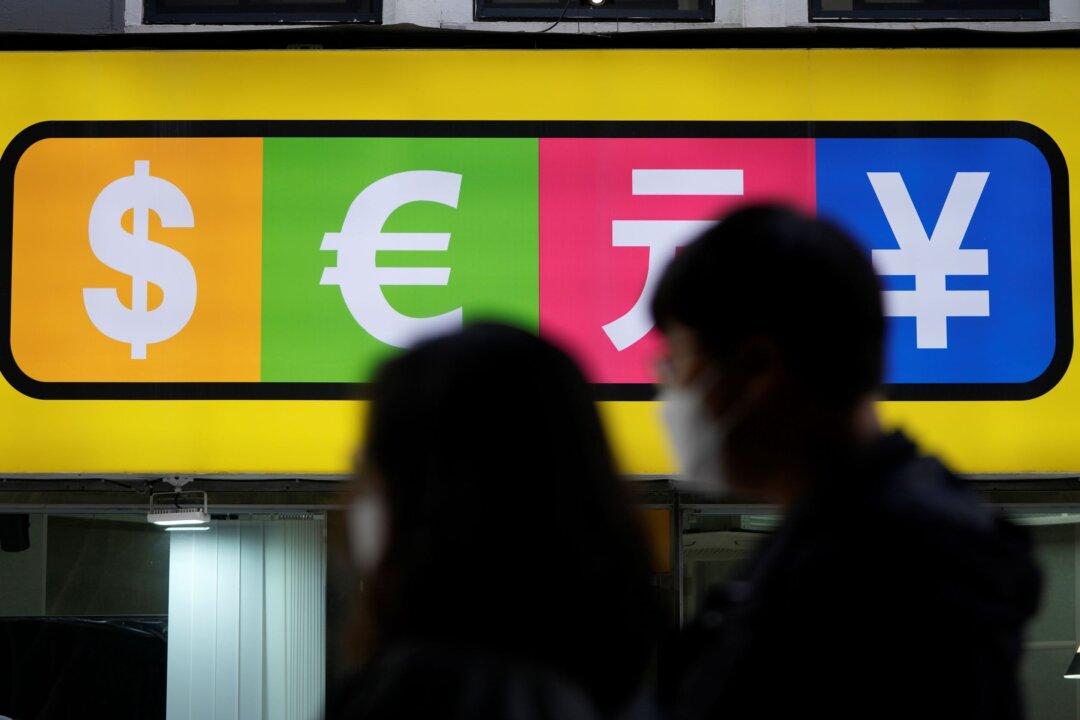HONG KONG/LONDON—A share rally that has lifted stocks to record levels in recent days lost momentum on Friday, weighed down by renewed uncertainty over China’s property sector and as markets paused for breath ahead of U.S. jobs data due later in the day.
The U.S. dollar gained against sterling, which took a beating after the Bank of England (BoE) confounded markets by passing up a chance to raise interest rates on Thursday.





